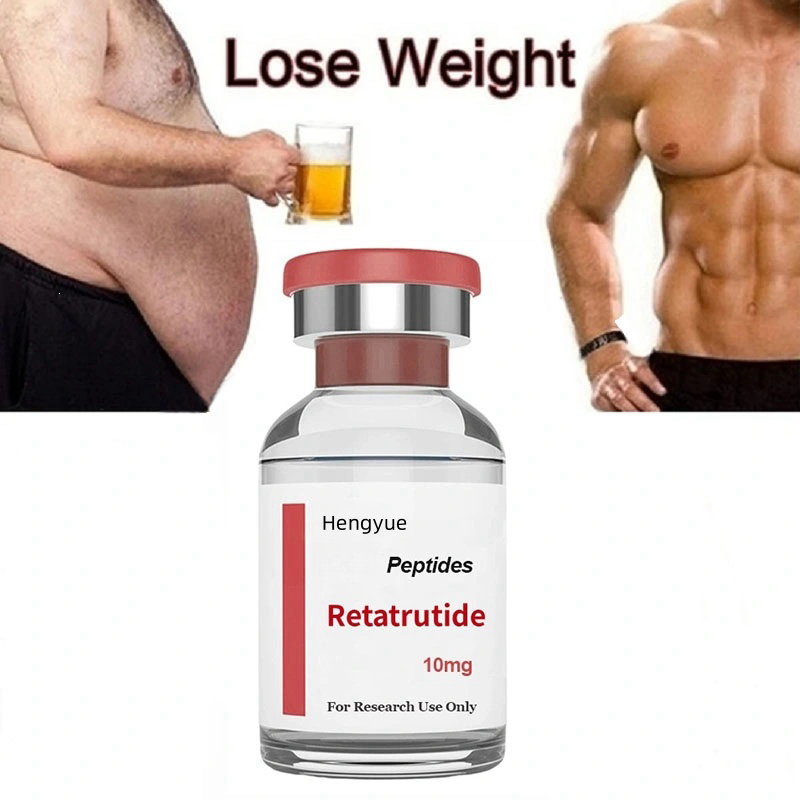-
Categories
-
Pharmaceutical Intermediates
-
Active Pharmaceutical Ingredients
-
Food Additives
- Industrial Coatings
- Agrochemicals
- Dyes and Pigments
- Surfactant
- Flavors and Fragrances
- Chemical Reagents
- Catalyst and Auxiliary
- Natural Products
- Inorganic Chemistry
-
Organic Chemistry
-
Biochemical Engineering
- Analytical Chemistry
-
Cosmetic Ingredient
- Water Treatment Chemical
-
Pharmaceutical Intermediates
Promotion
ECHEMI Mall
Wholesale
Weekly Price
Exhibition
News
-
Trade Service
Pfizer today announced the results
of a positive top-line analysis of its investigational bivalent respiratory syncytial virus (RSV) vaccine candidate, RSVpreF, in a Phase 3 clinical trial.
Data analysis showed that the vaccine has more than 80% of the protection, that is, those pregnant women who are vaccinated, the fetus can effectively avoid RSV-related lower respiratory tract disease (severe MA-LRTI)
of the severity of infection and medical care within 90 days of birth.
Following the recommendations of the External Data Monitoring Committee (DMC) and in consultation with the U.
S.
FDA, recruitment
for this trial has been discontinued.
Pfizer expects to submit a Biologics License Application (BLA) to the FDA by the end of 2022 and marketing applications
to other regulations in the following months.
If approved, Pfizer's vaccine candidate could become the first maternal vaccine to effectively help newborn babies and help avoid life-threatening respiratory illnesses
from RSV infection.
that is severe and requires medical care within 90 days of birth.
If approved, Pfizer's vaccine candidate could become the first maternal vaccine to effectively help newborn babies and help avoid life-threatening respiratory illnesses
from RSV infection.
RSV is a common contagious virus that falls into two subtypes: type A and type B
.
In China, RSV is the leading pathogen
leading to acute respiratory infections in all ages.
It is a seasonal disease that usually begins in autumn and peaks
in winter.
The virus affects people of all ages, and for most young people, symptoms can resemble the common cold, but for infants, immunocompromised people, and the elderly, the risk of developing severe illness is higher, potentially life-threatening
.
RSV can exacerbate conditions such as chronic obstructive pulmonary disease (COPD), asthma, chronic heart failure, and lead to pneumonia, hospitalization, and death
.
Globally, RSV kills more than 100,000 children each year, half of whom are less than 6 months
old.
It is one of
the major infectious diseases for which effective vaccines and targeted treatments are not currently available.
.
RSV can exacerbate conditions such as chronic obstructive pulmonary disease (COPD), asthma, chronic heart failure, and lead to pneumonia, hospitalization, and death
.
RSVpreF (PF-06928316) is an investigational RSV vaccine, which is manufactured
according to the prefusion F protein crystal structure established by the National Institutes of Health (NIH).
This prefusion protein is the main form
of protein F used by RSV virus to enter human cells.
NIH studies have shown that targeting this prefusion protein morphology is effective in blocking viral infection
.
This bivalent vaccine contains an equal amount of recombinant pre-F protein
from recombinant RSV virus subtypes A and B, respectively.
The vaccine received breakthrough therapy designation (BTD) from the US FDA in March 2022 and is intended for pregnant women to avoid RSV-related lower respiratory tract disease
in infants aged 0-6 months.
of protein F used by RSV virus to enter human cells.
NIH studies have shown that targeting this prefusion protein morphology is effective in blocking viral infection
.
This bivalent vaccine contains an equal amount of recombinant pre-F protein
from recombinant RSV virus subtypes A and B, respectively.
A scheduled interim analysis conducted by DMC showed that the MATISSE trial met one
of the two main endpoints.
That is, the vaccine protects infants from infection with severe MA-LRTI within 90 days of birth by 81.
8% (CI: 40.
6-96.
3%), and infants from infection with severe MA-LRTI during the follow-up period of 6 months after birth is 69.
4% (CI: 44.
3-84.
1%)
.
Although not statistically significant, the efficacy
of the vaccine can still be seen in the analysis of the second primary endpoint.
That is, the vaccine was 57.
1% (CI: 14.
7-79.
8%) against MA-LRTI infection within 90 days of birth and 51.
3% (CI: 29.
4-66.
8%)
against MA-LRTI infection during the follow-up period of 6 months after birth.
of two primary endpoints.
That is, the vaccine protects infants from infection with severe MA-LRTI within 90 days of birth by 81.
8% (CI: 40.
6-96.
3%), and infants from infection with severe MA-LRTI during the follow-up period of 6 months after birth is 69.
4% (CI: 44.
3-84.
1%)
.
Regular safety tests conducted by DMC scheduled during the trial showed that the vaccine was well tolerated and had no safety concerns
about vaccinated women and their babies.
about the vaccinated women and their babies.
"We are excited about these data, which are the first time that an investigational vaccine has been shown to protect newborn babies from severe RSV-related respiratory infections," said Annaliesa, senior vice president and chief scientific officer for vaccine development at Pfizer
"We look forward to working with the FDA and other regulatory authorities to get this vaccine candidate to mothers who need it as soon as possible to help protect their vulnerable,
RSV-susceptible babies," said Dr.
Anderson.
We also thank the pregnant women and their children who participated in the trial, as well as all researchers
around the world who participated in the trial.
”
Resources:
Resources:
[1] Pfizer Announces Positive Top-Line Data of Phase 3 Global Maternal
Immunization Trial for its Bivalent Respiratory Syncytial Virus (RSV) Vaccine
Candidate.
Retrieved November 1, 2022 from
Retrieved November 1, 2022 from







